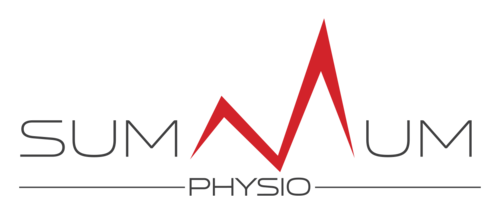Olympic Weightlifting
Olympic weightlifting: it’s not just about strength, and you don’t have to be an Olympian.
Weightlifting is a sport which consists of getting a loaded barbell overhead either in one movement (the “snatch”) or two movements (“the clean and jerk”). A good weightlifter relies on precision, speed, joint mobility and explosive muscle power. In competition, weightlifters are categorized by age, body weight and gender; as a result, what matters most is patience and dedication to the sport. Anyone who brings those two things into a weightlifting gym can expect progress and a transformation of their body over time.
In training, weightlifting progressively challenges and strengthens the knees, hips, back, shoulders and wrists. It demands careful attention to posture and extensive practice of a few deceptively simple movements. It’s an individual sport that trains an athlete’s concentration - even a slight distraction can throw a movement off by a few crucial inches, which can be the difference between success and failure. In spite of what one might imagine, however, there are less injuries in weightlifting that in most team sports. Most weightlifting injuries are a result of overtraining, or an athlete not respecting their own limits - which is also the responsibility of any competent coach.
In 2019, Montreal hosted the World Masters’ Weightlifting Championship. Marcel Perron, age 85, won the title of “Grand Master,” which scores everyone with adjustments for age and weight category. Competitions in weightlifting have rankings, but most athletes have some idea of where they’ll rank - and they compete anyway, because it’s about their own development. While weightlifting has occasional scandals regarding doping and internal politics, that’s true of most sports - and the weightlifting community by and large is a friendly and supportive place.
Weightlifting can help with physical rehabilitation, develop a resilient body that can age gracefully (just ask M. Perron), and provide a great whole-body workout. If you want to give it a try, check out the listing of clubs at the Fédération d’Haltérophilie du Québec: www.fedhaltero.qc.ca
